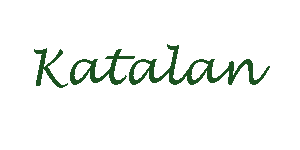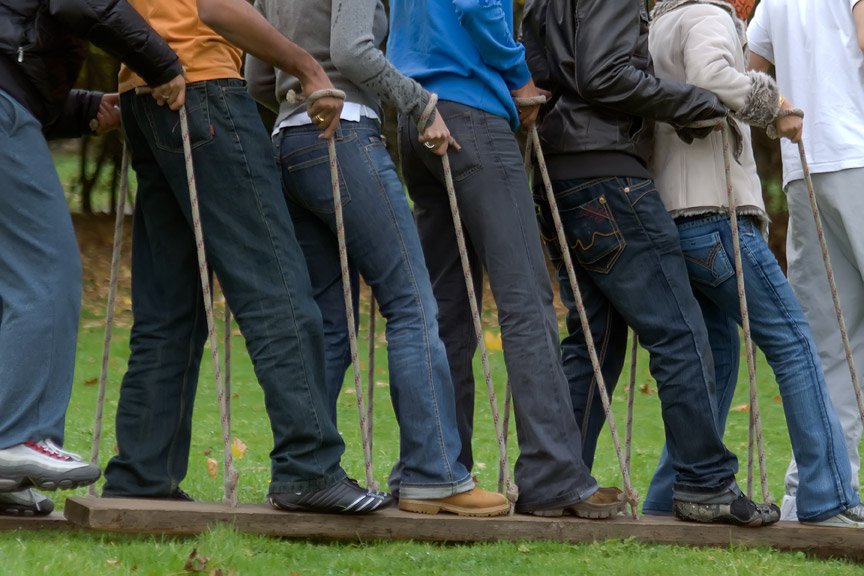

| |
Alan Birkett
Alan@katalan.co.uk
Tel: +44 1424 719 625
Mob: +44 7771 638 212Kathleen Harrison-Carroll
Kathy@katalan.co.uk
Tel: +353 (0) 56 4440509
Mob: +353 (0) 85 1514 207
| METHODOLOGY |
KATALAN programmes are designed to follow the needs of organisational objectives, providing opportunities to experiment with knowledge and understanding, testing theories, skills and behaviours in a practical way within an environment that is conducive to learning.
This is vital if participants are to increase their ability to reflect, be more self-aware, continue to learn from experience and improve performance.
The key aim of any training programme is to promote the development of participants. Through this the sponsoring business or organisation benefits from the new understanding or awareness that enables change and progress to be a positive action, creating an atmosphere of opportunity & developing potential. |
'Experiential Learning is referred to as ‘the knowledge and skills acquired through life and work experience and study that are not formally attested through any educational or professional certification’ N Evans, ‘Assessing Experiential Learning: A Project Report'
‘...there is growing recognition of the deficiencies of business school graduates with respect to their interpersonal and team skills’ and ‘there is an increased awareness of the usefulness of team interaction in the development of higher-level learning and problem-solving skills’ |
